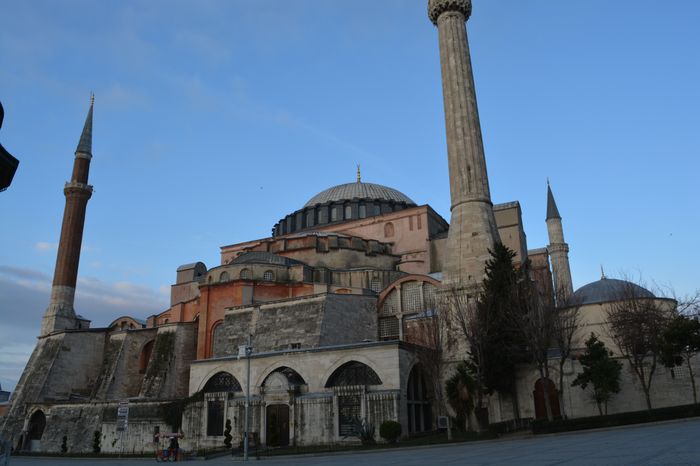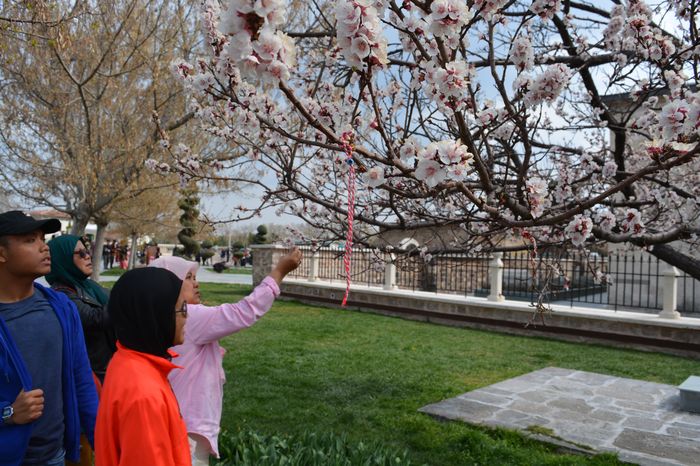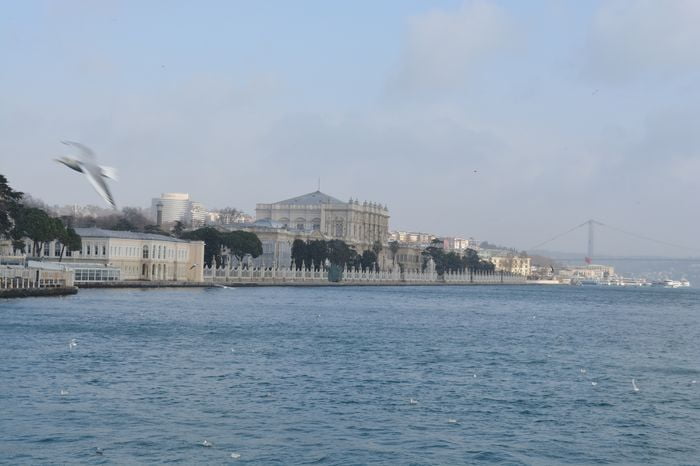The Treaty of Berlin terminated the Provisional Russian Rule and a central state government was established in Sofia which was chosen as a capital city. On 16th April 1879 was adopted the Constitution of Turnovo which enacted: “The Bulgarian Principality shall be a monarchy, hereditary and constitutional, with popular representation”. Following the recommendation of the Russian Emperor the Grand National Assembly elected the German Prince Alexander of Battenberg as the Prince of Bulgaria. On 5th July 1879 Todor Bourmov was named the first Prime Minister of the Third Bulgarian Kingdom by virtue of a decree issued by the Prince Holidays Bulgaria.
In the following years the political life in Bulgaria was dominated by the newly formed two parties: Liberals and Conservatives. The clash between them was added to the diplomatic difficulties that the Prince had with Russia. In the conditions of unceasing internal struggle for power, a coup d’etat, government overthrows and a temporary regime of “emergency powers” went the rule of Alexander of Battenberg until the fall of 1885…
Unification at last
On 6th September 1885, following an intense popular agitation and unrest against the Sultan in many urban and rural areas, Eastern Roumelia proclaimed its union with Bulgaria. The armed Bulgarian detachments entered Plovdiv. Two days later Alexander I approved the Unification by means of a manifesto and became the Prince of the united Bulgarian Kingdom. That was a great historical event which turned Bulgaria into one of the biggest and powerful states on the Balkans. The Sublime Porte, the Russian emperor Alexander III, as well as Berlin, Paris, Rome and Vienna, renounced the Unification as a violation of the Treaty of Berlin. London waited to see which way the cat jumps…










